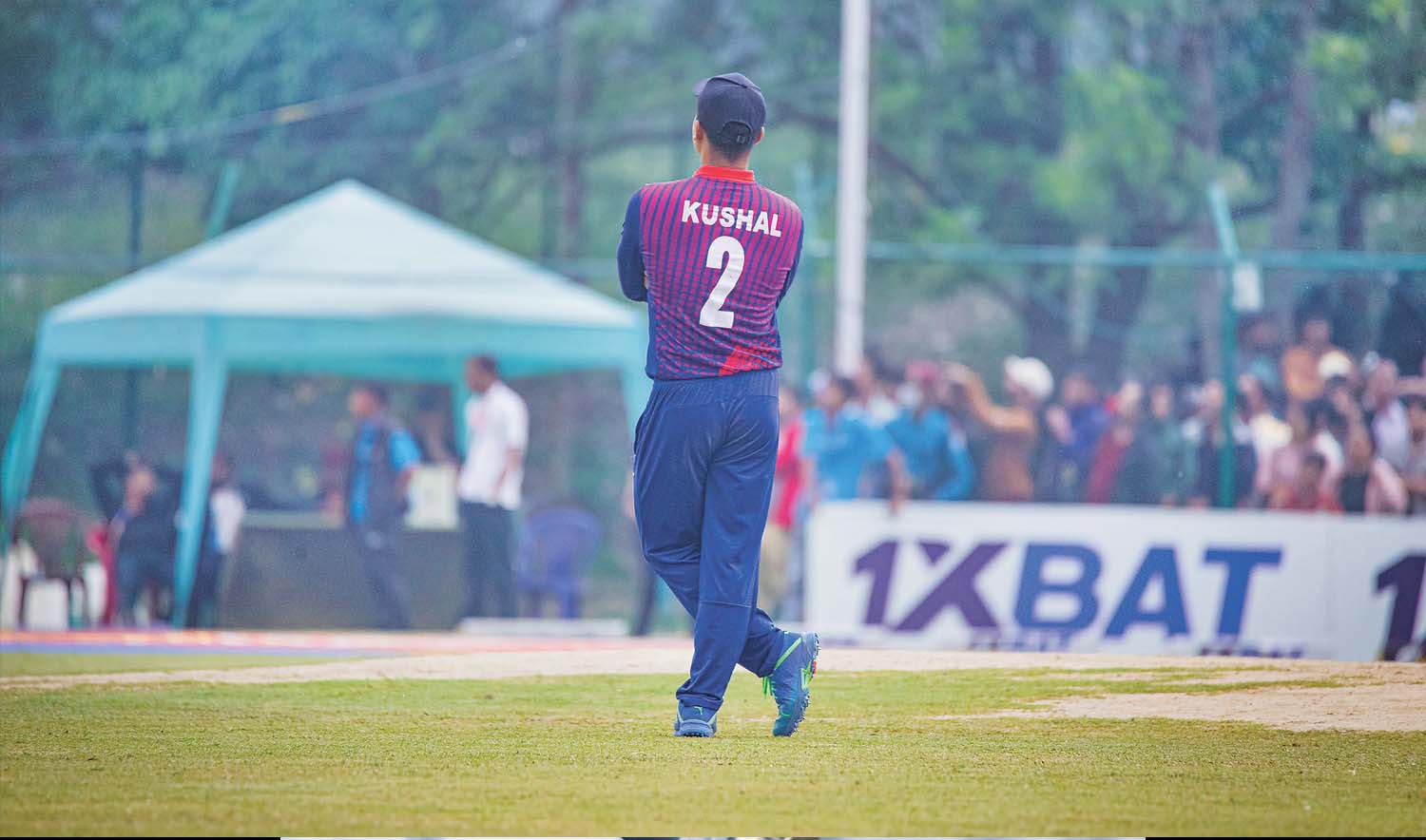Money
Surrogate advertising thrives in legal vagueness
Firms also organise musical events and youth festivals to promote products whose advertising is banned by law.
Subin Adhikari
Manufacturers of products that cannot be advertised by law have been resorting to surrogate advertising to get around the ban. These firms advertise other products under the same brand to promote prohibited items like alcohol and cigarettes.
Nepali companies too have been turning to surrogate advertising, especially on social media, with the government and the Supreme Court coming down hard on such advertisements.
Yeti Brewery, the parent company of Arna Beer, also runs Arna Music. The company’s YouTube channel has 19 music videos and other promotional videos of the beer. Till now it has gained 65,500 subscribers and more than 18 million views.
Liquor brand Ruslan Vodka operates Ruslan FM whose symbol is similar to the vodka logo. The FM station is advertised during social, entertainment and sports events as its vodka cannot be advertised.
These companies also organise musical events and youth festivals and distribute free merchandise such as T-shirts, caps and key chains emblazoned with the logo and brand name of their products.
The controversy over surrogate advertising reached a peak when sports news portal 1XBAT, a subsidiary of famous betting app 1XBET, became the title sponsor of the ACC Men’s Premiere Cup held in Kathmandu in May.
The police arrested several actors and YouTubers on the charge of promoting 1XBET and its subsidiary company 1XBAT.
Rastra Bimochan Timalsena, a lawyer specialising in intellectual property and cyber law, says the government is applying double standards regarding surrogate advertising.
“The Cricket Association of Nepal (CAN), which is a government body, has been accepting sponsorship from 1XBAT, but the government is arresting YouTubers and actors for promoting the same product,” said Timalsena.
The Advertisement Act 2019 prohibits advertising related to gambling, betting and prohibited materials such as alcohol and tobacco. But it does not say anything about surrogate advertising of other products having similar names, logos or any other resemblance.
The Indian government defines surrogate advertising as advertising which indicates or suggests directly or indirectly to consumers that it is an advertisement for goods, products or services whose advertising is prohibited or restricted by law.
The Indian government slapped a ban on surrogate advertising under clause 6 of the Guidelines for Prevention of Misleading Advertisements and Endorsements for Misleading Advertisements 2022.
It states, "No surrogate advertisement or indirect advertisement shall be made for goods or services whose advertising is otherwise prohibited or restricted by law, by circumventing such prohibition or restriction and portraying it to be an advertisement for other goods or services, the advertising of which is not prohibited or restricted by law."
According to Ajay Rajbanshi, an official of the Advertisement Board who looks after surrogate advertising-related matters, the board has received several complaints against companies involved in surrogate advertising.
“We have asked for clarification from the companies involved in such surrogate advertising,” said Rajbanshi. “But in the absence of any law regarding surrogate advertising, we haven’t been able to punish them.”

Som Prasad Dhital, president of the Advertising Association of Nepal, says surrogate advertising is prevalent in almost all countries with a robust advertising industry, and it is slowly making its way into Nepal too.
Dhital said that, instead of putting a blanket ban on all kinds of surrogate advertising, the government should bring laws and guidelines to categorise and manage surrogate advertisements.
“It's natural for companies to promote their products one way or the other, so the government should set a permissible limit for surrogate advertising and ask them to comply with that,” Dhital added.
“Advertisements of products and services that promote criminal activities or pose a serious hazard to public health are totally unacceptable,” he said.
"Nepal's largest trading partner India has been the greatest influence for Nepali companies to adopt surrogate advertising," said Dhital.
Indian whiskey brand Seagram’s Imperial Blue promotes its product using music CD players.
Pan masala company Rajnigandha advertises itself as a manufacturer of mouth fresheners by issuing surrogate advertisements of Rajnigandha Silver Pearls.
Timalsena suggested that the government should set criteria to manage surrogate advertisements instead of putting a complete ban on them.
“This is in practice all over the world, so it can’t be deemed illegal, although there is no clear regulation about it in Nepal,” said Timalsena who is also a YouTuber.
He says the government should set up a committee of experts from advertising, marketing and legal affairs and fix a permissible limit for surrogate advertising.
“The government should adopt certain policies such as higher tax ceilings for them or specify what level of surrogate advertisement is acceptable,” he said.
Timalsena said that government agencies should at least refrain from accepting sponsorships from surrogate advertisers on moral grounds.
“The main reason for prohibiting products like betting and liquor is to prevent the public from using them, but what is the point of making laws when the government itself leaves loopholes in them?”




 8.4°C Kathmandu
8.4°C Kathmandu













